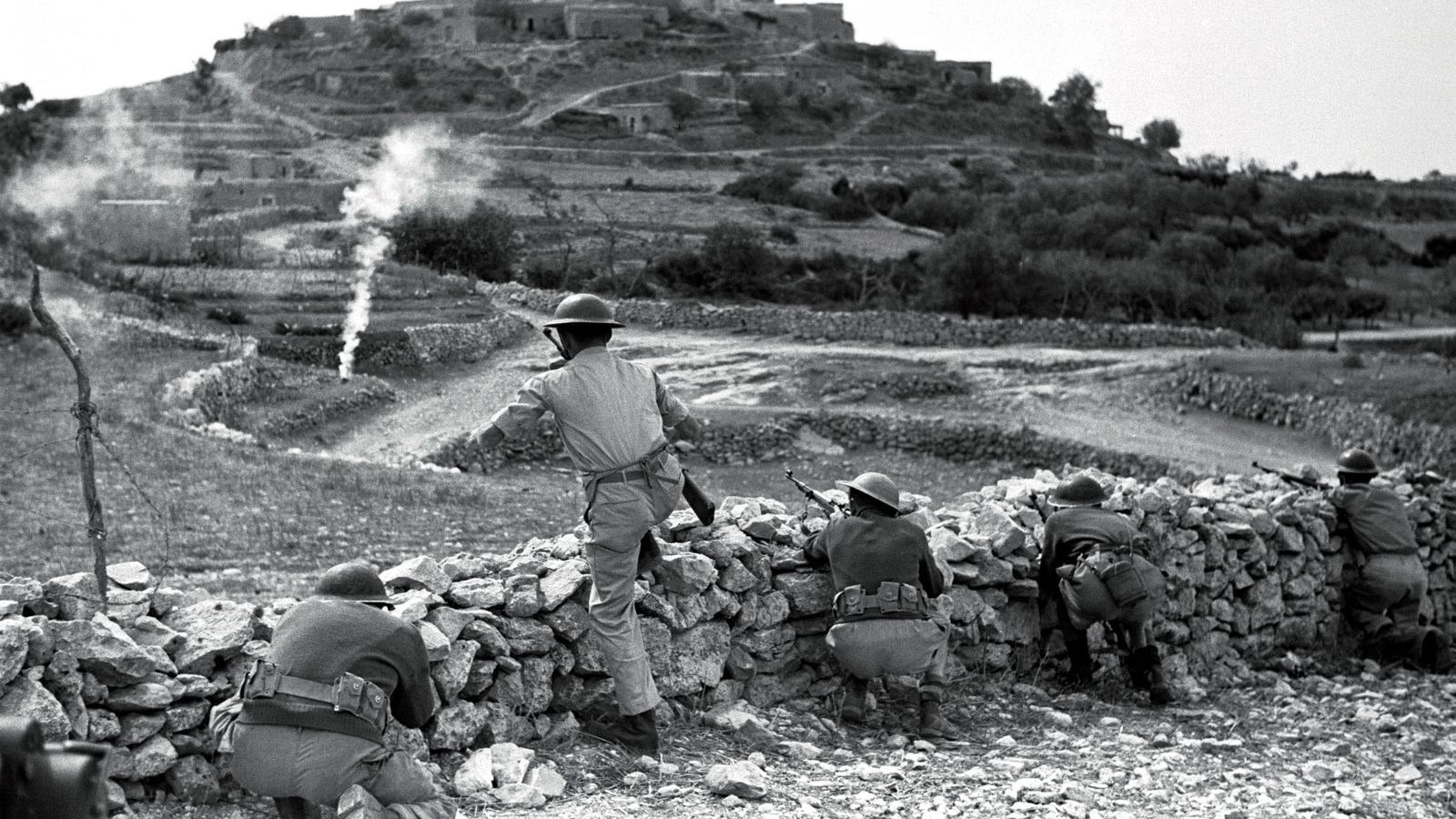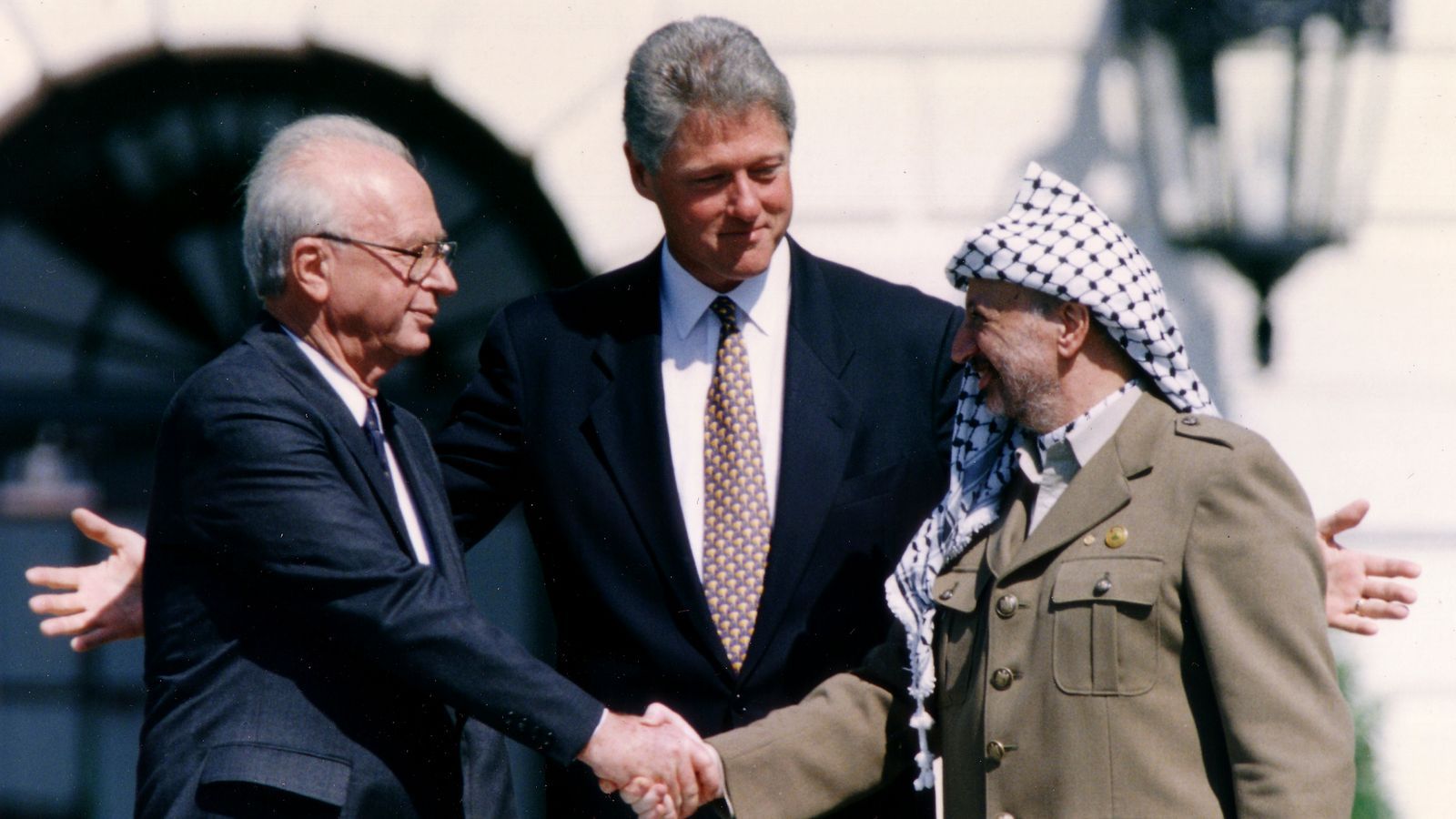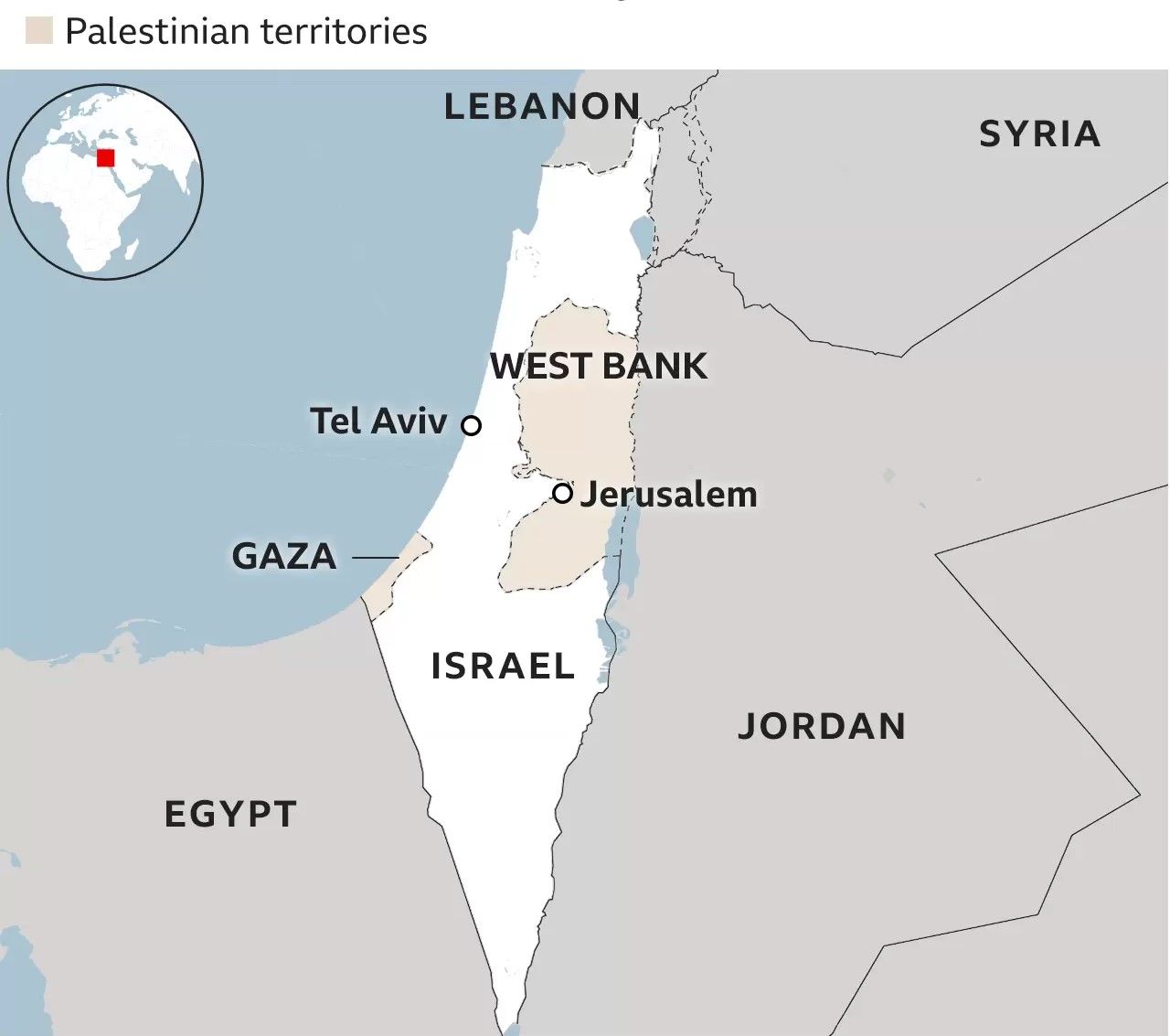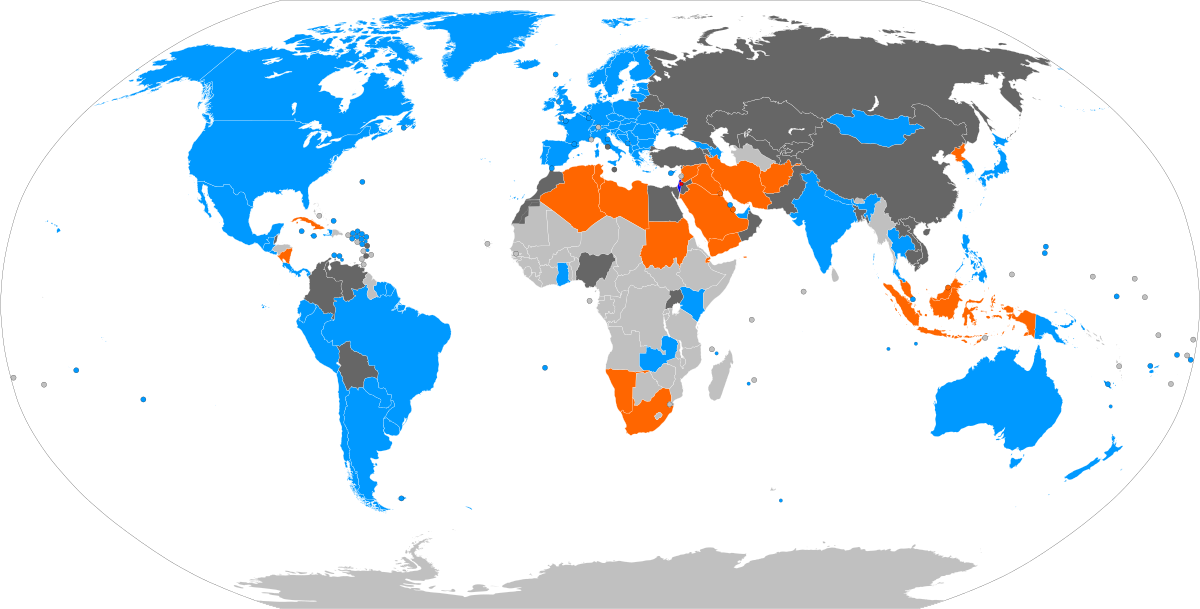Understanding the Israel-Palestine Conflict
Hamas has also played a central role in the recent conflicts with Israel, launching rockets into Israeli territory and engaging in armed confrontations.

Introduction
The Israel-Palestine conflict is a long-standing and complex issue that has captured the world's attention for decades. The recent outbreak of violence in the region, with Israel at war with Hamas, has once again brought this conflict to the forefront of global discussions. To understand the current situation and its historical context, it's essential to delve into the history, the key players involved, and the underlying causes. This blog aims to provide a comprehensive overview of the Israel-Palestine conflict, from its origins to the current state of affairs.
The Historical Roots
The roots of the Israel-Palestine conflict can be traced back to the late 19th and early 20th centuries when both Jewish and Arab communities laid claim to the same land. At that time, the area was part of the Ottoman Empire. Tensions began to rise as Jewish immigration to Palestine increased, driven by factors like the rise of anti-Semitism in Europe and the Zionist movement, which sought a Jewish homeland in the historical land of Israel. The Balfour Declaration in 1917, in which the British government expressed support for a "national home for the Jewish people" in Palestine, further ignited these tensions.
Post-World War II and the Birth of Israel
After World War II, the international community, led by the United Nations, sought to address the growing conflict. The UN proposed the partition of Palestine into separate Jewish and Arab states, with Jerusalem under international administration. In 1947, the UN General Assembly passed Resolution 181, endorsing this partition plan. The Jewish leadership accepted it, but the Arab states and Palestinian leaders rejected it, leading to a series of armed conflicts.

On May 14, 1948, David Ben-Gurion, the head of the Jewish Agency, declared the establishment of the State of Israel. This declaration marked the beginning of the first Arab-Israeli war. Neighboring Arab states, including Egypt, Jordan, Syria, and Iraq, launched an invasion, aiming to prevent the establishment of Israel. The war resulted in Israel's survival, but it also left hundreds of thousands of Palestinian Arabs as refugees.
Occupation, Settlements, and More Conflicts
In the aftermath of the 1948 war, Israel held onto territories beyond the boundaries set by the UN partition plan. The 1967 Six-Day War saw Israel capture the West Bank, East Jerusalem, Gaza Strip, Sinai Peninsula, and the Golan Heights. Israel's occupation of these territories led to further conflicts and an ongoing state of tension.


Image: Israel taking over Palestinian territory ignoring the UN partition plan
The issue of Israeli settlements in the West Bank and East Jerusalem has been a major point of contention. Israel has constructed settlements in these areas, which are widely considered illegal under international law. The settlements hinder the prospects for a two-state solution, as they are seen as an obstacle to establishing a viable Palestinian state.
Peace Initiatives and Failed Negotiations
Over the years, several peace initiatives and negotiations have been attempted to find a lasting solution to the Israel-Palestine conflict. The Oslo Accords, signed in 1993, aimed to set the framework for a peaceful resolution and establish the Palestinian Authority in parts of the West Bank and Gaza. However, the peace process was marred by violence, including suicide bombings by Palestinian militants and Israeli military operations.

Subsequent peace talks, such as the Camp David Summit in 2000 and the Annapolis Conference in 2007, failed to produce a comprehensive peace agreement. The conflict's deeply rooted issues, such as the status of Jerusalem, the borders of a Palestinian state, and the right of return for Palestinian refugees, remained unresolved.
Hamas, Gaza, and the Blockade
Hamas, an Islamist militant group, emerged as a significant player in Palestinian politics. After winning the 2006 Palestinian legislative elections, Hamas took control of Gaza, leading to a divide between the West Bank, governed by the Palestinian Authority, and Gaza.

Gaza has been subjected to a strict Israeli and Egyptian blockade since 2007 when Hamas took control. The blockade has resulted in severe economic hardship and humanitarian suffering in Gaza, with the enclave's two million residents enduring limited access to essential resources, including electricity, clean water, and medical supplies.
Hamas, as a non-state actor, has also played a central role in the recent conflicts with Israel, launching rockets into Israeli territory and engaging in armed confrontations.
The Recent Escalation
The recent escalation in the Israel-Palestine conflict, with Israel at war with Hamas, has resulted in widespread violence and suffering. The immediate trigger for the conflict was a series of events, including clashes between Palestinians and Israeli police at the Al-Aqsa Mosque compound in Jerusalem, which holds religious significance for both Muslims and Jews.
Hamas cited these events, Israeli attacks on Gaza, and the ongoing blockade as reasons for its military response. The conflict has resulted in a significant loss of life and displacement of Palestinians in Gaza, as well as casualties and damage on both sides.
International Response & Potential for Regional Involvement
The international response to the current conflict has been mixed. The United States, a longstanding ally of Israel, has expressed support for Israel's right to defend itself. The European Union and many Western countries have called for a ceasefire and expressed concern over the violence and civilian casualties.

On the other hand, countries like Russia and China have called for a more balanced approach, emphasizing the need for both sides to de-escalate. The United Nations and various international organizations have also expressed concern and called for an end to the hostilities.
The Israel-Palestine conflict has always had the potential to escalate into a wider regional conflict. Various regional players, including Iran and Hezbollah, have supported Hamas, and their involvement could further complicate the situation. In the past, neighboring Arab states have been involved in conflicts with Israel, and the potential for regional instability remains a concern.
The Way Forward
Resolving the Israel-Palestine conflict is an immensely challenging task, but it remains a critical priority for regional stability and global peace. The key to a peaceful resolution lies in negotiation, dialogue, and compromise. A two-state solution, with Israel and Palestine coexisting side by side, has long been the desired outcome.
The international community, including the United States and European Union, can play a vital role in facilitating meaningful negotiations. Addressing issues like the status of Jerusalem, the right of return for Palestinian refugees, and security concerns for both sides will be essential.
The recent ceasefire, brokered by Egypt and other regional players, is a positive step, but it must be followed by a long-term commitment to dialogue and a comprehensive peace agreement. Only through diplomacy and a shared vision for coexistence can the cycle of violence and suffering be broken.
Conclusion
The Israel-Palestine conflict is a complex and deeply rooted issue with historical, political, and religious dimensions. The recent escalation of violence between Israel and Hamas is a reminder of the urgent need for a peaceful and lasting resolution. The path to peace will be challenging, but it is not insurmountable. International efforts and diplomacy must be harnessed to bring an end to the suffering and to create a future where Israelis and Palestinians can live side by side in peace and security.





